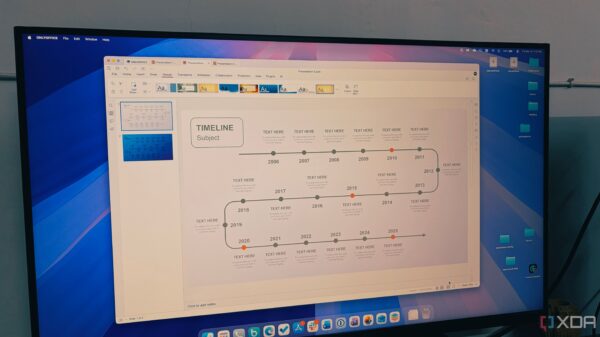Members of Congress will continue to earn an annual salary of $174,000 for the next year, following the signing of a government funding bill by President Donald Trump. This salary has remained unchanged since 2009. The legislation, which reopens the government, includes a provision that blocks a cost-of-living adjustment for lawmakers’ pay.
The funding bill allows the government to operate until January 30, 2024, while ensuring that salaries for members of Congress remain frozen through the end of the fiscal year on September 30, 2024. This decision comes as the nation grapples with the implications of a prolonged government shutdown that affected numerous federal employees and public services.
Legislators have consistently included language in funding bills for the past 16 years that prevents automatic salary increases. As Rep. Andrew Clyde from Georgia noted earlier this year, such a decision raises questions about equitable treatment for federal employees. “I would like to see how well that would go over if we did that to all federal employees,” he commented.
The freeze on congressional salaries is viewed as a necessary measure to maintain public perception, particularly following the impacts of the recent government shutdown, which left hundreds of thousands of federal workers without pay. Critics argue that this stagnation in salaries does not align with inflation rates, ultimately discouraging qualified candidates from seeking congressional office.
Congressional Perspectives on Salary Stagnation
Despite the stalemate over salaries, bipartisan acknowledgment exists regarding the issue. House Speaker Mike Johnson, who earns $223,500 due to his leadership position, expressed concern over the long-term implications of stagnant salaries on the quality of congressional representation. “Over time, if you stay on this trajectory, you’re going to have less qualified people who are willing to make the extreme sacrifice to run for Congress,” he stated.
Similarly, Rep. Alexandria Ocasio-Cortez of New York echoed these sentiments, highlighting the importance of ensuring that working-class individuals can afford to serve in Congress. “If we want working class people who don’t rely on independent wealth to represent people in Congress, we have to make it work,” she remarked.
If Congress had not blocked cost-of-living adjustments since 2009, the salary for rank-and-file lawmakers would currently stand at $221,600, according to the Congressional Research Service. This discrepancy raises concerns about the financial burdens placed on lawmakers, who often maintain residences in both their home states and Washington, D.C.
In 2022, a proposal nearly passed that would have allowed a modest pay increase of up to $6,600. However, opposition from figures like Elon Musk contributed to its failure. Critics argued that the proposed increase would grant members of Congress a raise larger than necessary.
The ongoing freeze on congressional salaries highlights the challenges lawmakers face in balancing public perception with the practicalities of serving in a demanding role. As discussions continue regarding compensation and representation, the future of Congressional salaries remains uncertain, with implications for who can afford to enter public office.






































































